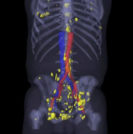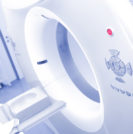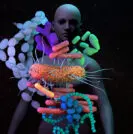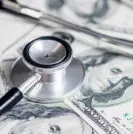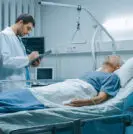Is Immunotherapy the Future of Prostate Cancer Treatment?
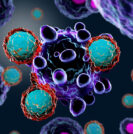
Immunotherapy is a promising new direction in treating cancer. For instance, a clinical study of advanced rectal cancer found that an immunotherapy using monoclonal antibodies to stimulate a strong immune response showed complete effectiveness at one year. All patients in the study had no evidence of cancer at that time. This is especially remarkable since keep reading

